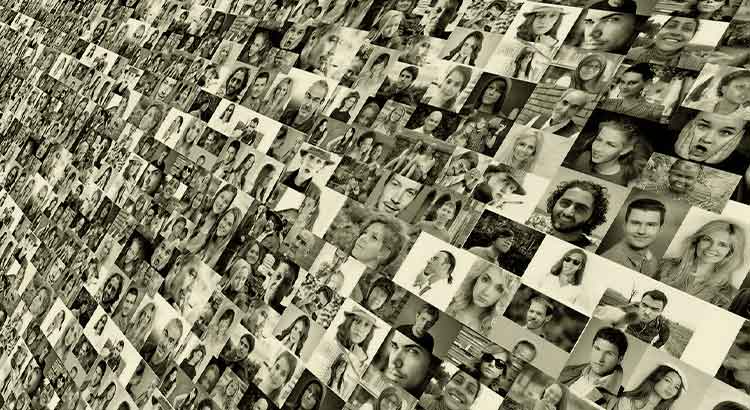First, the teacher. Otto Maria Carpeaux’s words about Henry Adams, in my translation:
Finally, Henry Adams, the last, returns to his homeland, and no longer recognizes it, this country of uneducated millionaires and corrupt politicians who use democratic slogans to exploit the amorphous masses. Henry Adams’ first reaction was the novel Democracy, published anonymously; a pamphlet that could equally be interpreted as pre-Marxist or pre-Fascist. But Henry Adams was not and never will be a man of practical decisions. He is an observer. He wrote the history of the United States at the time of Jefferson and Madison, to discover at the root the causes of evil. It’s purely political and administrative historiography. Just as his characters seem less intelligent than they are, Henry Adams, very well educated, knew how to dissimulate in the company of his peers the deep disappointment of a poet, preferring to look like an archival researcher. Beside the tower of Babel of trust affairs and imperialist politics, Adams built his private tower that resembled that of a Parnassian. It happened that Henry Adams’ tower rose so high and even higher than the skyscrapers of New York; and from the top of it opened such a vast panorama of human history that the Atlantic Ocean below disappeared as if it were an insignificant lake, and on the other side appeared the Europe that his Puritan ancestors had left, and at the end of the horizon other towers, those of the Gothic cathedrals, monuments of a civilization of harmony between art and religion, denied to the children of America. In an apocalyptic vision, Adams saw American skyscrapers doomed to become, one day, ruins of an ugly and false civilization.
Here we go with some lines on this detestable subject: politics. Detestable and very simple: to understand politics, one only needs to consult French moralists or the Florentine philosopher. He who understands human nature understands politics easily; he who is versed in political philosophy generally has no idea what politics is. And Henry Adams, in fact, understands the subject: in Democracy, an American Novel, he penetrates the psychological of democratic politicians, revealing to us what a democracy is. Madeleine Lee, the protagonist, decides to move to Washington after losing her husband. The objective: to know the American democratic regime. She decided to dedicate the rest of her days to get the answer: is democracy virtuous when compared to other regimes? would America represent progress? Then she meets Silas P. Ratcliffe, a senator who is willing and able to present himself to the presidency: in short, a great politician. Some will ask: “A great politician from which ideological side?”. But here is what Henry Adams teaches us: “ideology”, in politics, is nothing but a marketing tool and is effective as an inducer of political action only as a tool of manipulation of the masses. What drives politics is vanity, interest, pride, and ambition. Politics is about power, about exercising it, and wanting it above all things. There is no virtue, no vice, no good or bad intentions in this science: there are tools that contribute to the construction of an image, tools that lead to power. And the great senator Ratcliffe shows us what a professional politician is: he is the degenerate human model, amputee of conscience and slave of ambition. He lives an endless theater, he lies to the mirror, he has his image above his autonomy, he exists because of a duty of ascension. All the personal relations of a politician, even the most intimate ones, play a role within a power project, all existence is shaped around an insatiable desire, ignored by the most stupid and perfectly understood by those who are proud to live according to their ego. Respected by many, the politician rejoices, feels important. And what does democracy do but validate his conception of himself? The holder of a democratic office has the seal of popular approval; the judgment is not too absurd when he thinks himself superior to others and to morality, “for democracy, rightly understood, is the government of the people, by the people, for the benefit of Senators”. In a democracy, vice is supported by the regime, and the regime presents itself as the general will. Sweet illusion of progress… Nice bait to say that, in democracy, the regime is armored against the abuses of human ambition, and is virtuous because it is decentralized and better than others because it is created to contain their defects. Democracy, an American Novel is the image of the disillusionment of someone who sincerely wished to know more about this regime: “she had got to the bottom of this business of democratic government, and found out that it was nothing more than government of any other kind”. And she ended up thirsty for the pyramids of Egypt…
____________
Read more:



